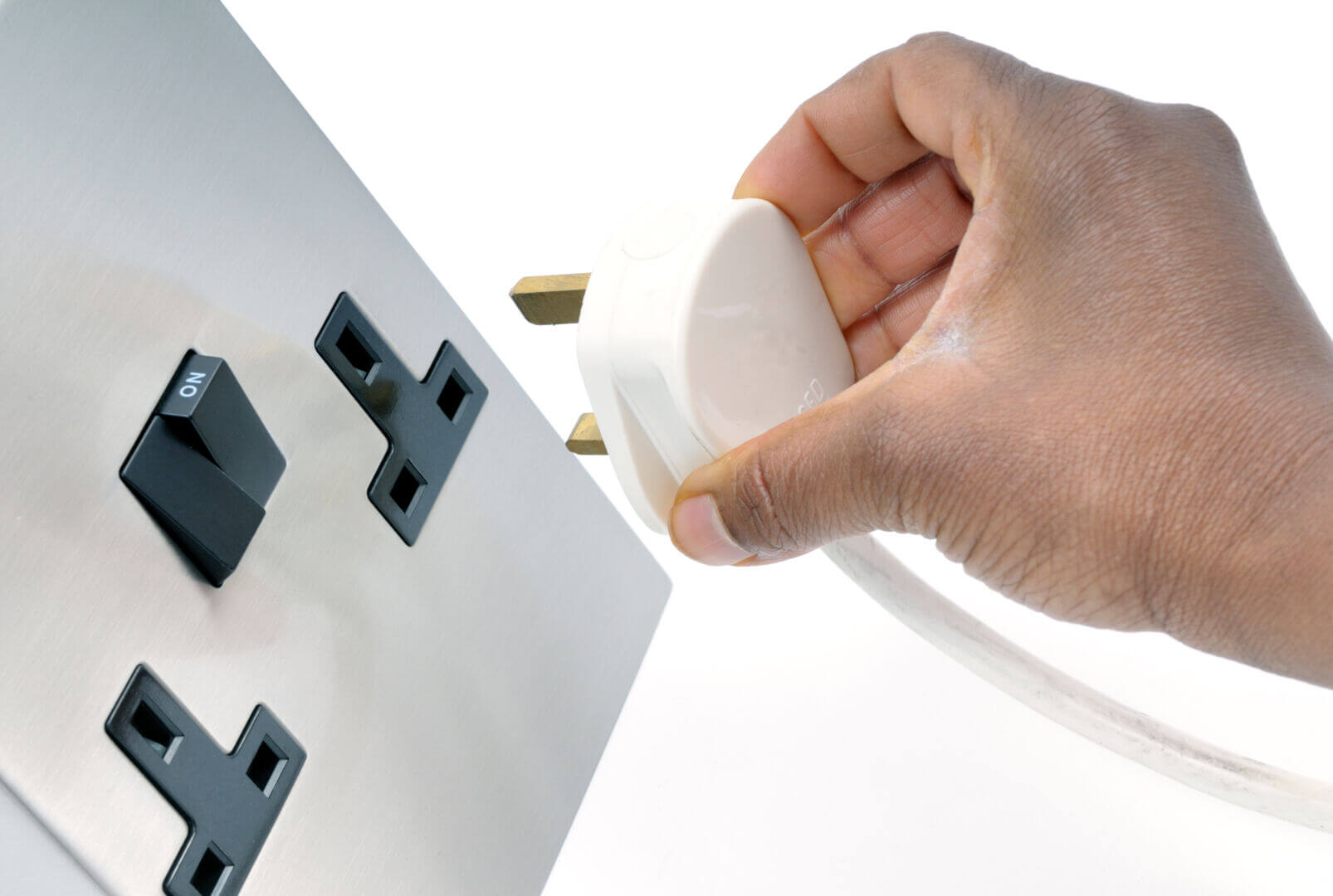Electrical Testing: Ensuring Safety and Compliance

Electrical systems and equipment are a fundamental aspect of our daily lives. We rely on them to power our homes, offices, and industries. In addition to their vital role in providing us with energy, electrical systems can also pose significant hazards if not appropriately maintained and tested. Electrical testing is an essential process that helps ensure the safety and functionality of electrical equipment and systems.
What is Electrical Testing?
Any process that involves checking, measuring, and analyzing electrical systems or components to ensure their functionality and safety is referred to as electrical testing. The process involves using specialized equipment that can test electrical parameters such as resistance, voltage, and current. Electrical testing can also involve analyzing the impact of electrical equipment on the environment and the effects of the environment on the equipment.
Why is Electrical Testing Important?
The importance of electrical testing cannot be understated. Electrical systems and equipment can pose significant hazards that can cause damage, injury, and even death in some cases. Electrical testing helps to identify potential faults and deficiencies in electrical equipment, allowing for corrective action to be taken before any harm is caused.
In addition to safety concerns, electrical testing is also critical for ensuring compliance with industry standards and regulations. Different industries have different regulations that govern the use and maintenance of electrical equipment. Non-compliance with these regulations not only risks the safety of personnel but can also lead to legal and financial repercussions.
Types of Electrical Testing
There are different types of electrical testing that can be carried out, depending on the specific needs of the equipment or system being tested. Some of the most common types of electrical testing include:
1. Electrical Safety Testing: This type of testing is designed to verify that electrical equipment is safe to use and does not pose any hazards to its users.
2. Electrical Inspection: Electrical inspection involves visually examining electrical equipment and components to identify any signs of wear, damage, or other issues that may affect functionality.
3. Electrical Test Equipment: This type of testing involves using specialized equipment to test electrical parameters such as voltage, resistance, and current.
Electrical Testing Equipment
To carry out electrical testing, specialized equipment is needed. Some of the most common electrical testing equipment includes:
1. Multimeters: This is a basic electrical testing tool that can measure voltage, resistance, and current. It is typically used for simple electrical tasks and can be handheld.
2. Electrical Safety Testers: These testers are used to verify the safety of electrical equipment. They typically measure insulation resistance, leakage current, and earth bond resistance.
3. Thermal Imaging Cameras: These cameras are used to detect hotspots in electrical systems, which can indicate potential faults or damage.
Conclusion
Electrical testing is vital for ensuring the safety and functionality of electrical equipment and systems. It helps to identify potential faults and deficiencies in electrical equipment, allowing for corrective action to be taken before any harm is caused. Electrical safety testing, electrical inspection, and electrical testing equipment are some of the most common types of electrical testing. Using specialized equipment such as multimeters, electrical safety testers, and thermal imaging cameras can help to ensure that the electrical equipment is compliant with industry regulations and standards. Therefore, it is essential to ensure that electrical testing is carried out regularly to prevent any accidents or hazardous situations.